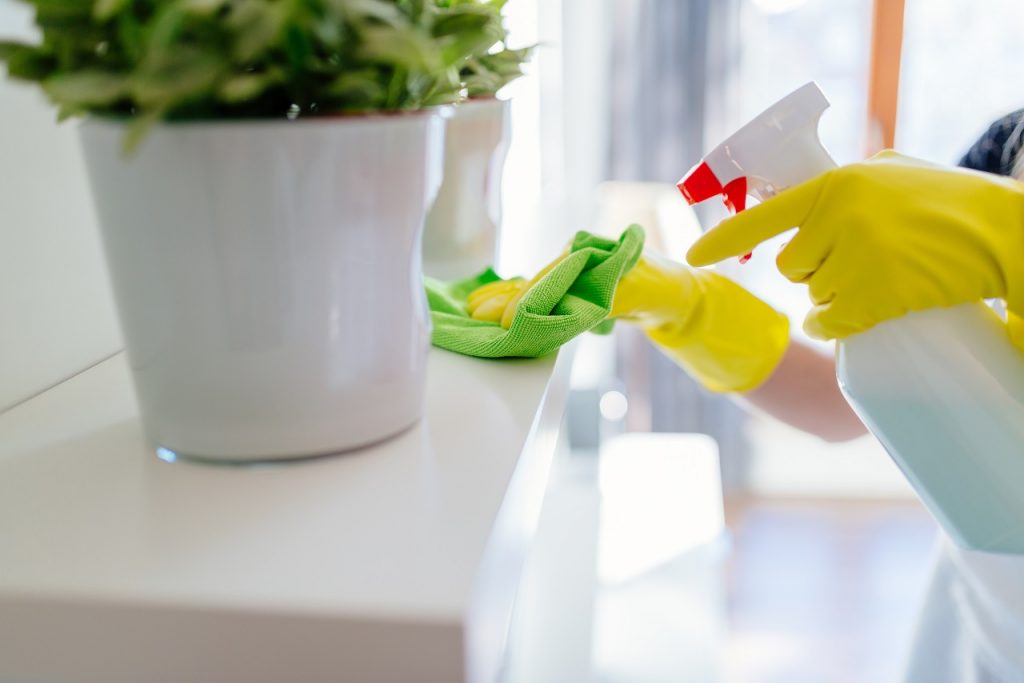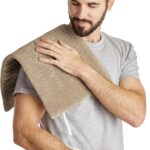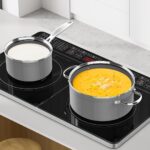We rely on our cleaning tools to keep our homes spotless—but when’s the last time you cleaned the tools themselves? Dirty mops, sponges, vacuums, and scrub brushes can actually spread more germs than they remove. Here’s how to keep your cleaning gear fresh, effective, and truly clean.
Why It’s Important to Clean Your Cleaning Tools
Cleaning tools trap dirt, grease, and bacteria every time you use them. If left unwashed, they can grow mold, smell bad, and reduce how well they work. Worse, they can reintroduce germs and grime onto your floors and surfaces.
How to Keep Common Cleaning Tools Germ-Free
Sponges
Sponges are a breeding ground for bacteria if not cleaned regularly.
- Rinse thoroughly after every use
- Sanitize in the microwave (wet sponge only) for 1 minute or in the dishwasher on a hot cycle
- Replace every 1–2 weeks depending on use
Dishcloths and Rags
These can carry bacteria if they stay damp too long.
- Wash in hot water after each day of use
- Let them dry completely between uses
- Replace older cloths when they lose absorbency or smell musty
Mops
A dirty mop can leave behind more bacteria than it picks up.
- Rinse thoroughly after each use
- Soak mop heads in hot water with disinfectant or bleach weekly
- Machine-wash removable mop heads if possible
- Hang mops to air dry fully before storing
Brooms and Dustpans
Dust, hair, and crumbs can collect in bristles and corners.
- Shake out or vacuum bristles after each use
- Wash bristles with warm soapy water monthly
- Wipe down dustpans with a disinfectant cloth or spray
Vacuum Cleaners
Vacuums collect a lot of fine dust and allergens—and can release them if filters are dirty.
- Empty the dustbin or change the bag regularly
- Clean or replace filters as recommended by the manufacturer
- Check for clogs in hoses and brush rolls
- Wipe exterior parts with a disinfecting cloth
Scrub Brushes and Toilet Brushes
These tools often get overlooked, but they handle some of the dirtiest jobs.
- Rinse thoroughly after each use
- Soak in a disinfectant or bleach solution weekly
- Let them dry completely to prevent mold
- Store toilet brushes in a container with ventilation
Smart Storage Matters Too
- Keep tools in dry, well-ventilated areas
- Avoid storing damp items in closed cabinets or containers
- Use wall hooks or racks to let tools air dry
- Don’t store dirty tools with clean ones
Final Thoughts
Cleaning your home with dirty tools defeats the purpose. A few simple habits—like rinsing after use, sanitizing weekly, and replacing worn items—can keep your cleaning gear in great shape and your home healthier. Keeping your tools clean isn’t just about hygiene—it helps them last longer and work better too.
Want recommendations on tools that are easy to clean and maintain? Check out our latest picks in Cleaning Tools.








Leave a Reply